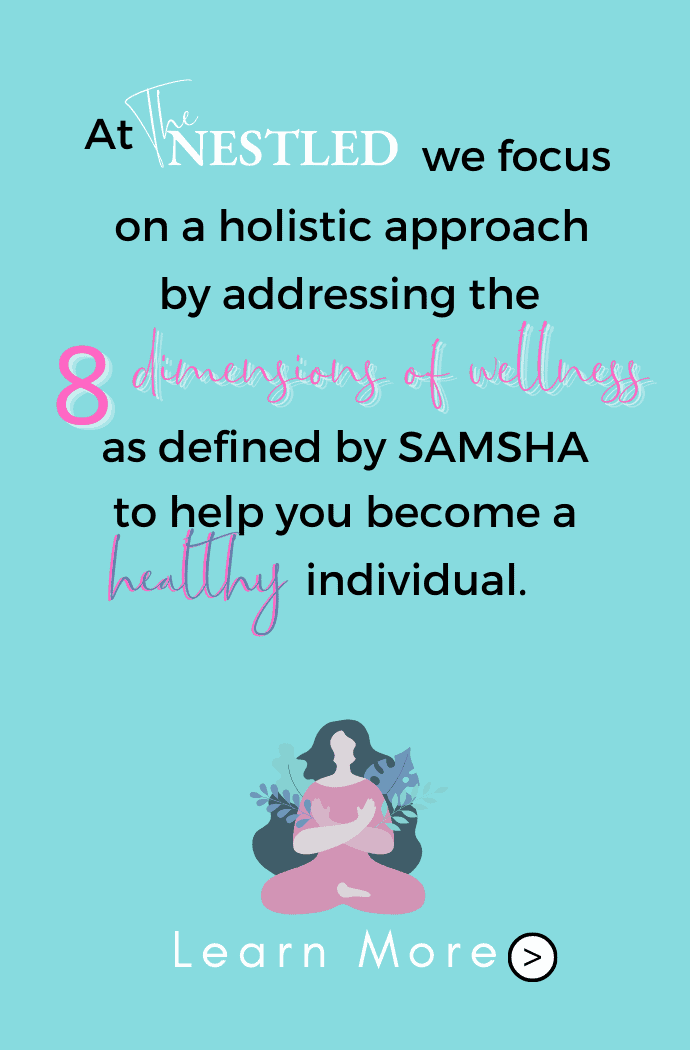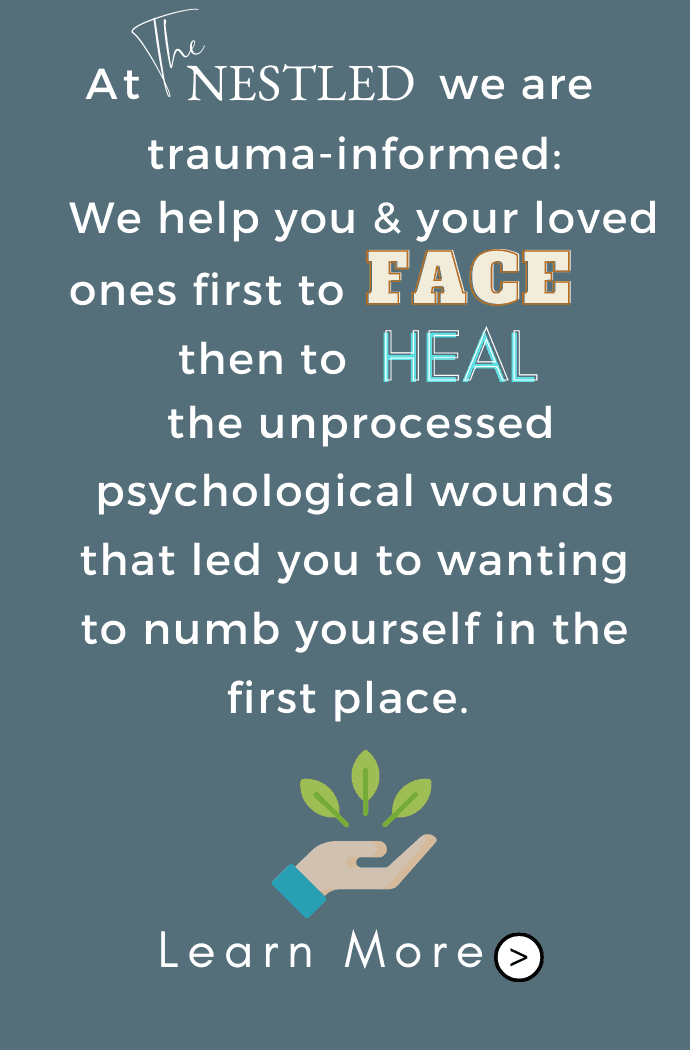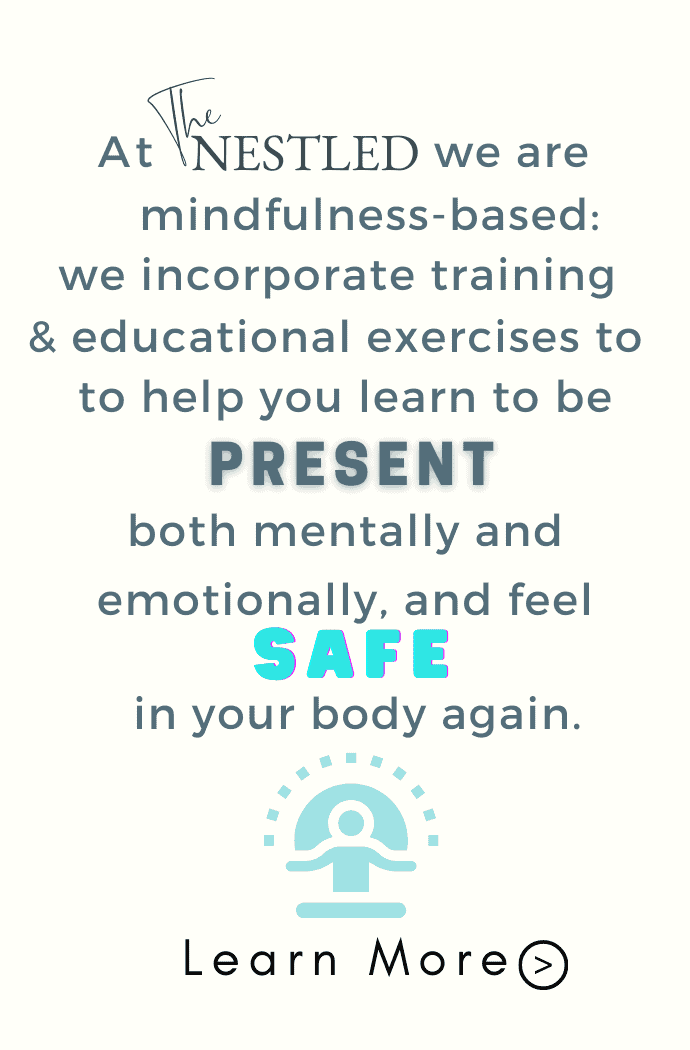Las Vegas is a vibrant city filled with excitement and entertainment but it also has a dark side. Substance abuse is a growing problem in Las Vegas, with more and more people struggling with addiction each year. The prevalence of alcohol and drugs in the city, combined with the high-stress environment, can make it difficult for people to stay sober. Fortunately, there are resources available for those seeking help. This blog post is dedicated to those looking for addiction treatment in Las Vegas and will provide information about the benefits of sobriety, as well as five tips for overcoming substance abuse and staying sober. With the right help and support, you can reclaim your life and end the cycle of addiction.
Overview of Substance Abuse in Las Vegas
The rate of substance abuse in Las Vegas is higher than the national average. According to a 2020 survey by the Substance Abuse and Mental Health Services Administration, the rate of past-month alcohol use among adults in Las Vegas was 19.7%, compared to the national rate of 15.1%. Additionally, the rate of past-month illicit drug use in Las Vegas was 7.3%, compared to the national rate of 6.3%. These numbers indicate that substance abuse is a growing problem in Las Vegas and one that must be addressed in order to prevent further harm.
Benefits of Sobriety
Abstaining from drugs and alcohol is an important part of a healthy lifestyle. By breaking free from the cycle of addiction and staying sober, you can improve your physical, mental, and emotional well-being. Sobriety can also help you to better manage stress, increase your productivity, and improve relationships with family and friends. Additionally, it can help you to save money, as you will no longer be spending it on substances. Ultimately, sobriety can help you to live life to the fullest and achieve your goals.
5 Tips For Being Sober In Las Vegas
Substance abuse can be a destructive force in anyone’s life. Millions of people struggle with addiction, often feeling helpless and unable to break free. But there is hope. Educating yourself is the most important thing you can do. By arming yourself with the right tools and resources, you can overcome substance abuse and reclaim your life.
- Identify Triggers and Avoid Them:
One of the most important steps for overcoming substance abuse is to identify and avoid triggers. Triggers are thought patterns, memories, or environments that can cause cravings and lead to relapse. In Las Vegas, which is full of triggers like clubs, casinos, and bars, it is especially important to be mindful of your triggers and learn how to avoid them. By recognizing your triggers and learning how to avoid them, you can take control of your recovery and stay on the path to sobriety.
- Develop Healthy Coping Mechanisms:
It is essential to find healthy ways to cope with stress and other challenging emotions brought on by post-traumatic stress disorder (PTSD). Healthy coping mechanisms can help you manage difficult feelings without turning to drugs or alcohol. Examples of healthy coping mechanisms include exercise, journaling, talking to a friend, and engaging in relaxing activities.
- Reach Out for Professional Help:
Professional help is essential for those struggling with substance abuse. A qualified addiction specialist can provide personalized treatment and support to help you with your recovery. They can also recommend additional resources and support to help you on your journey.
- Find Support in Recovery Communities:
Recovery communities can provide invaluable support and encouragement during recovery. Joining a support group can help you to stay accountable and connected to others who are also on the path to sobriety.
- Celebrate Small Victories:
Recovery is a journey and it is important to be mindful of your small victories along the way. Every day of sobriety is a victory, and it is important to acknowledge this progress and stay motivated. Take time to recognize your progress and reward yourself for your accomplishments.
Resources for Addiction Treatment in Las Vegas
Las Vegas has many resources available for those seeking to create a sober network. There are numerous 12-step groups, such as Alcoholics Anonymous and Narcotics Anonymous, as well as numerous other recovery programs and support groups. Additionally, there are sober living facilities available in the area for those who need extra support. By taking advantage of these resources and connecting with others in recovery, you can create a strong and supportive sober network. Here’s a list of some great resources:
1. Las Vegas Metropolitan Police Department: This is the main police department in the city, located at 400 S. Martin L. King Blvd. They offer a variety of services to help individuals in recovery, such as crisis intervention and information about local resources.
2. Nevada Council on Problem Gambling: This organization is located at 1585 E. Flamingo Rd. Suite 404 Las Vegas, NV 89119. They provide resources and support for those struggling with problem gambling and compulsive behaviors.
4. Las Vegas Rescue Mission: This is a non-profit organization located at 480 W. Bonanza Rd. Las Vegas, NV 89106. They provide food, clothing, medical care, and other services to those in need.
Having Fun In Recovery: Sober Activities
Recovery from addiction is a lifelong journey, and it is important to find healthy and enjoyable activities to do during this process. There are numerous sober activities available in Las Vegas that can provide fun, relaxation, and connection without the use of drugs or alcohol. Check out some of these amazing activities to enjoy sober!
- Ride The High Roller Observation Wheel
- Tour the Las Vegas Dunes By ATV
- Explore The Adventuredome Theme Park In Las Vegas
- Visit The Alexandria Pool In Las Vegas
- Explore the Mob Museum In Las Vegas
- Visit The Aliante Golf Club Las Vegas
- Visit Zak Bagans’ The Haunted Museum In Las Vegas
Reach Out To The Nestled For Help With Addiction
Recovery from addiction is a challenging but rewarding journey. With the right help and support, you can overcome substance abuse and reclaim your life. We hope this blog post has provided you with helpful information about the benefits of sobriety, as well as tips for overcoming substance abuse and staying sober in Las Vegas. If you or someone you know is struggling with addiction, we encourage you to seek help from a professional treatment center like The Nestled. With the right care and support, you can be on the path to recovery.








